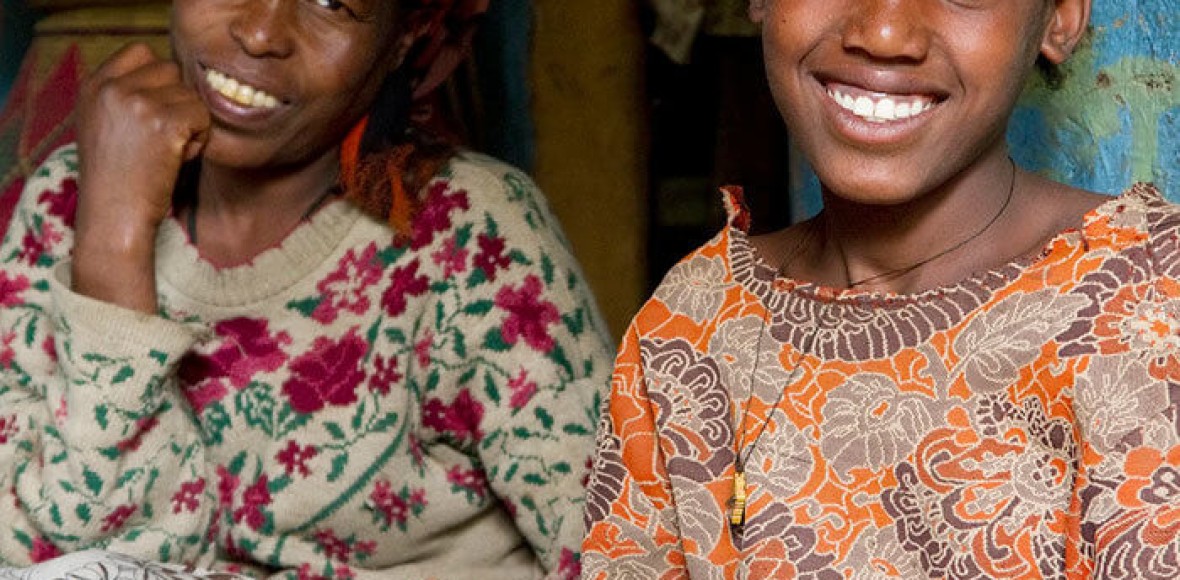
More than one billion adolescent girls and women suffer from undernutrition making them underweight and short for their age according to a new report by UNICEF.
The report indicates that prevalence of anaemia remains high and unabated at 30 percent, and more than two-thirds of girls and women or 69 percent suffer from micronutrient deficiencies.
Under- nutrition leads to deficiencies in essential micronutrients and anaemia, with devastating consequences for their lives and wellbeing.
The report dubbed Under- malnourished and Overlooked states that no region is on track to meet the 2030 global targets to reduce anaemia in adolescent girls and women by half and low birth weight in newborns by 30 per cent.
Further, it discovered that since 2000, there has been no change in the prevalence of underweight in adolescent girls which stands at 8 percent and only a small decline in the prevalence of underweight in women from 12 to 10 percent.
Due to the current global food and nutrition crisis, the number of acutely malnourished pregnant and breastfeeding women increased by 25 percent from 5.5 million in 2020 to 6.9 million in 2022 in 12 countries that are hard hit by the current food and nutrition crisis.
South Asia and sub-Saharan Africa are home to 68 percent of adolescent girls and women who are underweight and 60 percent of adolescent girls and women with anaemia.
Less educated girls and women and those living in rural areas or belonging to poorer households are more likely to be underweight, too short and or anaemic.
The reports warns that maternal underweight, maternal short height and low birth weight are consistent predictors of stunting and wasting in early childhood.
It suggests that about half of children who are stunted and wasting become stunted during pregnancy and the first six months of life, when a child is fully dependent on the mother for nutrition.
Globally, 51 million children under 2 years are stunted with 74 percent of all children suffering from stunting living in South Asia and sub-Saharan Africa.
Research conducted in Eastern and Southern Africa found that up to four in five pregnant and breastfeeding women were food insecure following the pandemic, and more than two-thirds reduced their consumption of foods from at least one food group during this time.

Leave a Reply